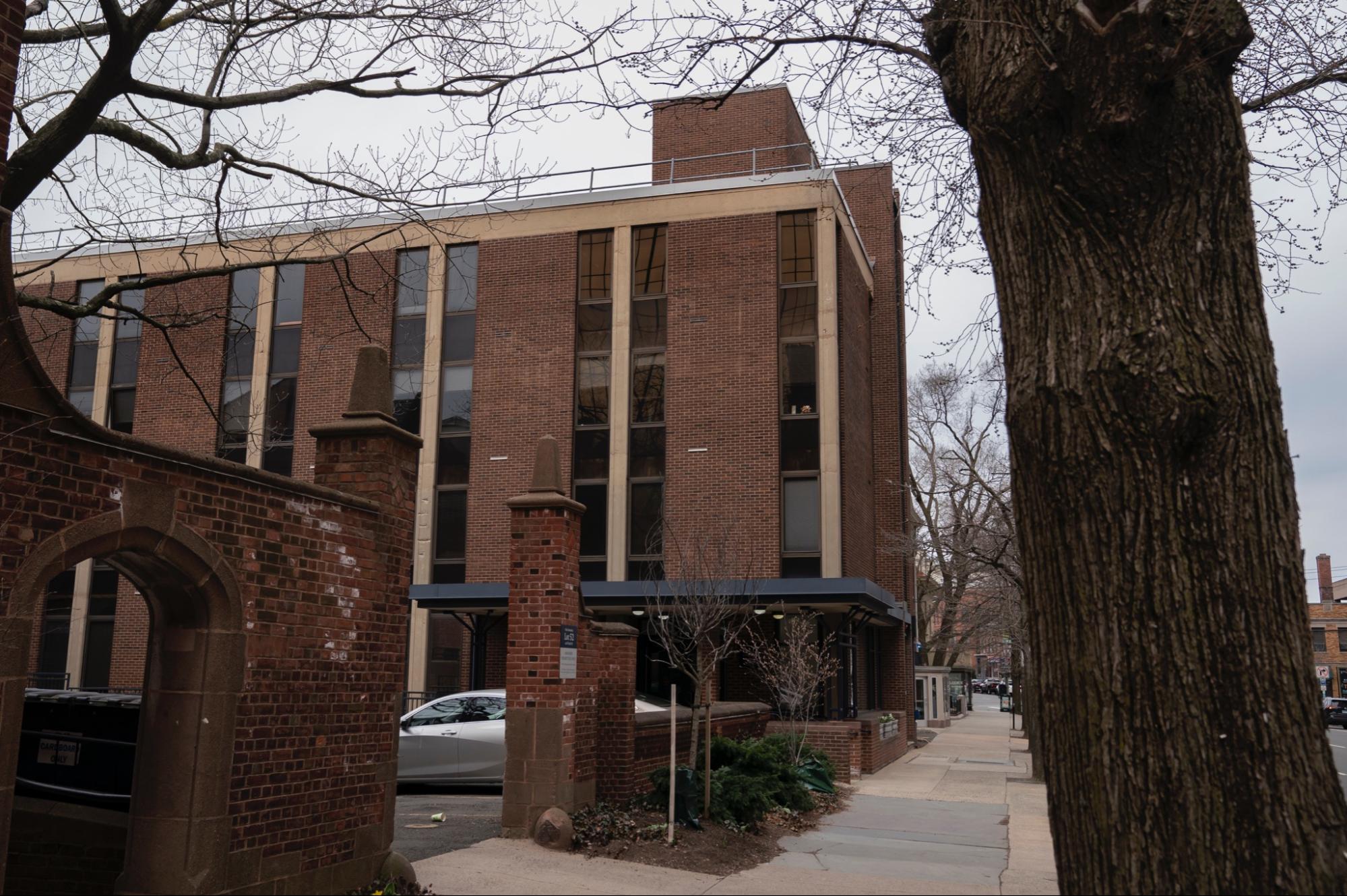All undergraduates on financial aid to be paired with individual counselors
Starting in the 2024-2025 academic year, the Office of Undergraduate Financial Aid will implement a new, personal financial aid counseling model. The change comes after months of student complaints about long wait times and unresponsiveness.

Yale Daily News
Amid recent leadership turnover at the Office of Undergraduate Financial Aid, student dissatisfaction about its responsiveness and efficacy has remained widespread.
Now, for the first time ever, the office will assign all Yale College students on financial aid a personal counselor, to whom they can direct all aid-related questions and concerns.
Under the new model, students will work with a specific financial aid officer depending on their last name. Throughout their time as undergraduates, this personal counselor will serve as students’ primary contact at the Office of Undergraduate Financial Aid. There are currently eight counselors, with an additional counselor to be announced in February.
“We’re just hoping for students to feel like they have deeper and more productive connections with the Office of Undergraduate Financial Aid, and I think this personal aid counselor has the potential to really improve the experience that students have working with our office,” Dean of Undergraduate Admissions and Financial Quinlan told the News.
Rather than dealing with general service inquiries from all students as a group, beginning next year, the office will direct all student questions and complaints to personal financial aid agents, according to Quinlan.
While all counselors will be available and able to help all students, the office’s hope is that students will have the opportunity to cultivate a lasting relationship with their personal counselor, Quinlan said.
According to Kari DiFonzo, Director of Undergraduate Financial Aid, each counselor’s caseload will not exceed 500 students.
The new model was initiated by DiFonzo, who began her tenure in August; however, the financial aid office has considered a similar model for a while, according to Quinlan.
Soon upon arriving at Yale, DiFonzo initiated several financial aid reforms — many in response to long-standing student complaints about discrepancies and inefficiency in the office.
“When you keep getting that feedback, you want to provide students with a little bit more consistency and personal touch,” Quinlan said. “That’s why, when Kari came in we felt like we really needed to make that change based on the feedback that she had been getting.”
Prior to coming to Yale in August, DiFonzo worked for 20 years in the Office of Student Financial Services at Wellesley College.
While at Wellesley, which uses personal financial aid counselors, DiFonzo said that she witnessed the benefits of using a counselor-based model. Then, when DiFonzo came to Yale, she knew she wanted to bring that concept with her.
DiFonzo said that the type of feedback she has received from Yale students has encouraged her to implement the new model as soon as possible.
“Students were telling me that every time they were interacting with our office, they felt like they were having to relive their trauma, to talk again and again about how under-resourced their family was, or their parent’s cancer diagnosis or a parent who had lost their job,” DiFonzo said. “Fostering these lasting relationships with one person in our office, means that students don’t have to constantly retell their story to a stranger.”
The new counselor-based model is also helpful for staff at the financial aid office, DiFonzo said. By serving many of the same students year-over-year, counselors can become familiar with the intricacies of their students’ financial situations and offer better advising, she added.
In all, she hopes the new model will shorten wait times and improve the relationship between students and the financial aid office.
“Both myself and my office and other administrators, like deans and heads of college, are always looking for opportunities for students to build relationships,” DiFonzo said. “And I see this as a way for us to foster those positive interactions and those relationships for students on financial aid.”
According to Yale College Council president Julian Suh-Toma ’25, the YCC has been collaborating extensively with the financial aid office this year to improve accessibility for first-generation low-income students at Yale.
The YCC has been working toward goals of increased financial accessibility and transparency for years, he said, and he is happy to see these goals begin to come to fruition.
“We hope and anticipate that the personal counselor model will make navigating the terrain of financial aid at Yale easier, but there’s much more to be done to increase the actual financial accessibility of attending,” Suh-Toma wrote to the News.
In addition to improving responsiveness, Quinlan said that the new model is also important in helping the office better serve the increasing number of Yale undergraduates on financial aid. As the College continues to enroll more financial aid recipients, Quinlan said, it is important that these students have supportive relationships with the financial aid office.
Students will be notified of and introduced to their personal financial aid counselor in early February.
Renewal applications for financial aid are due on April 1. Announcing this new counselor-based model at the start of the Spring semester will give students plenty of time to discuss their aid applications with their personal counselors, DiFonzo said.
The financial aid office distributes more than $220 million in need-based financial aid annually.







